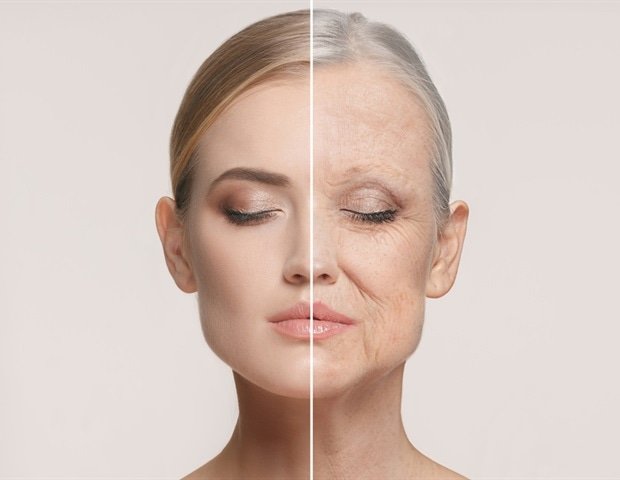Unlocking the Secrets of Aging: The Promise of Psilocybin
As the anti-aging market continues to grow, surpassing $500 million in revenue last year, groundbreaking research at Emory University has identified a compound that may significantly delay the aging process in cells and organisms.
The Discovery: Psilocin’s Potential
According to a recent study published in Nature Partner Journals: Aging, psilocin, a metabolite derived from consuming psilocybin—the active component in psychedelic mushrooms—has shown remarkable effects on cellular longevity. The findings reveal that psilocin can extend the lifespan of human skin and lung cells by more than 50%.
Key Findings from the Study
- In Vivo Research: The study included a long-term assessment of aged mice, approximately 19 months old (comparable to 60-65 human years).
- Dosage Impact: Mice receiving an initial low dose of 5 mg of psilocybin, followed by monthly doses of 15 mg for ten months, demonstrated a 30% increase in survival compared to untreated mice.
- Physical Improvements: The treated mice exhibited healthier fur, a reduction in white hair, and noticeable hair regrowth.
Mechanisms at Play
Beyond its traditionally recognized mental health benefits, psilocybin appears to target multiple hallmarks of aging:
- Reduction of Oxidative Stress: Helps combat cellular damage.
- Enhanced DNA Repair: Supports the integrity of genetic material.
- Telomere Preservation: Maintains the protective caps at the ends of chromosomes, fundamental to halting age-related diseases like cancer and cardiovascular ailments.
What Are Telomeres?
Telomeres are vital structures that protect chromosomes from deterioration. Preserving their length is crucial for maintaining cellular function and reducing the risk of age-related diseases.
Implications for Anti-Aging Therapies
The research suggests that psilocybin could innovate anti-aging treatments and provide valuable interventions for an aging populace. Louise Hecker, PhD, a lead author of the study, emphasizes the significance of serotonin receptors, which are prevalent in most body cells. This suggests a broader impact of psilocybin on systemic aging processes, particularly when administered later in life.
"Our study opens new questions about what long-term treatments can do,” says Hecker. “Even when the intervention is initiated late in life in mice, it still leads to improved survival, which is clinically relevant in healthy aging."
Addressing Longevity: U.S. Life Expectancy
These findings arrive amidst concerns over U.S. life expectancy, which currently lags behind that of similarly developed nations. According to the KFF’s report, the average lifespan in the U.S. stands at 78.4 years, significantly lower than 82.5 years elsewhere.
The Quality of Life Connection
Dr. Ali John Zarrabi, Director of Psychedelic Research at Emory University, points out:
"This study provides strong preclinical evidence that psilocybin may contribute to healthier aging—not just a longer lifespan, but a better quality of life in later years."
Zarrabi expresses the need for further research into psilocybin’s effects on older adults and its correlation between physical and mental well-being.
Future Directions: Clinical Trials
Emory is currently engaged in Phase II and III clinical trials focusing on psilocybin-assisted therapy for depression. Preliminary findings indicate the necessity of understanding psilocybin’s effects on aging populations.
Zarrabi hopes that if psilocybin-assisted therapy receives FDA approval by 2027, it could lead to not only improved quality of life but also extended, healthier lifespans.
Funding for Research
This pivotal study at Emory University was made possible through various funding sources, including the Imagine, Innovative, and Impact (I3) Award, the Georgia CTSA NIH Award, and a grant from Emory’s Woodruff Health Sciences Center for Health in Aging.
Conclusion
The emerging research highlights the potential of psilocybin as a transformative agent in the anti-aging landscape. As scientists continue to explore its mechanisms and benefits, psilocybin might play a crucial role in enhancing life quality in an aging world.
Additional Resources
For further reading on the effects of psilocybin and related studies, refer to:
These findings represent a potential paradigm shift in how we approach aging and longevity, ushering in a new era of therapeutic possibilities. Researchers continue to explore the realms of psilocybin, uncovering its multifaceted impact on health and longevity.


